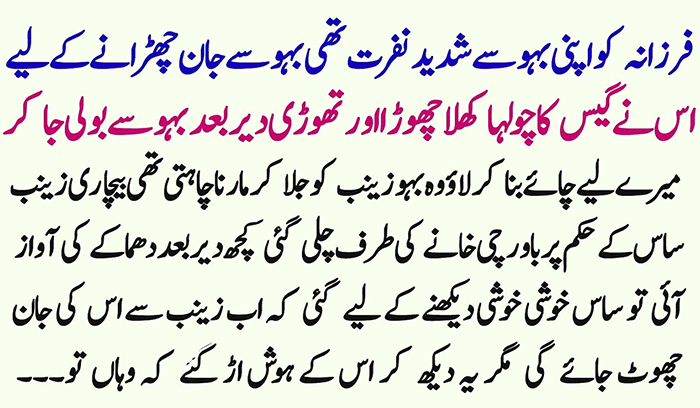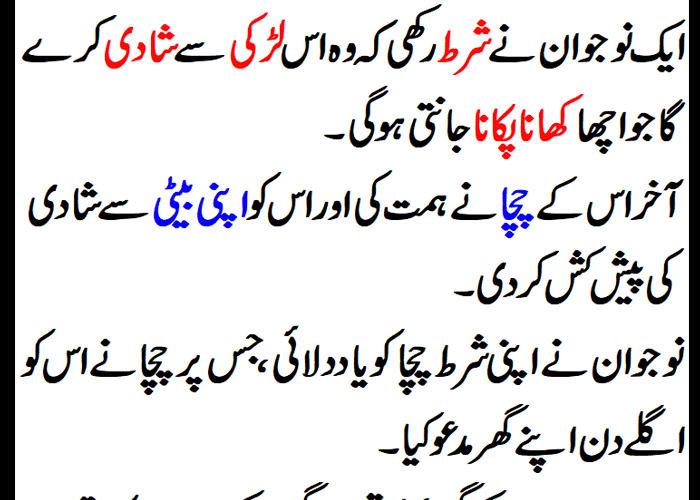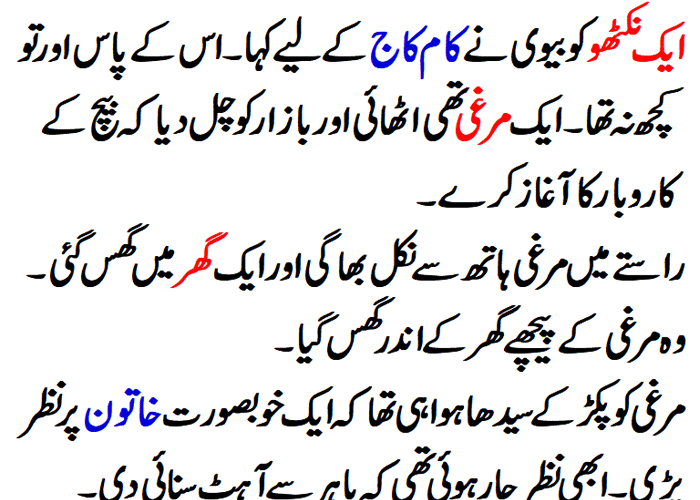
Monsoon season brings relief from the scorching heat, filling the air with a refreshing coolness and the earth with lush greenery. However, along with its beauty, the monsoon also brings with it a host of health concerns, one of the most common being food poisoning.
The increased humidity during this season creates an ideal environment for bacteria and other pathogens to thrive, making food contamination more likely. To enjoy the rainy season without falling prey to foodborne illnesses, it is essential to take extra precautions. Here are some practical tips to prevent food poisoning this monsoon.
1. Choose Fresh Ingredients
One of the simplest ways to avoid food poisoning is to ensure that you use fresh ingredients when cooking or eating. During the monsoon, the chances of food spoilage are higher due to increased moisture. Fruits, vegetables, meat, and dairy products can spoil faster than usual.
Always check the freshness of ingredients before using them. Look for signs of spoilage like discoloration, off smells, or a slimy texture. When buying fresh produce, opt for seasonal fruits and vegetables as they are more likely to be fresher and less exposed to harmful chemicals.
2. Cook Food Thoroughly
Undercooked food is a common cause of food poisoning. Bacteria like E. coli and Salmonella, which can cause severe gastrointestinal issues, are often found in undercooked meat, eggs, and poultry. Make sure to cook your food thoroughly, especially meat and seafood, which are particularly susceptible to contamination. Use a food thermometer to check that the internal temperature of the meat has reached a safe level. For example, chicken should be cooked to an internal temperature of 165°F (74°C). Avoid eating raw or undercooked eggs, and ensure that seafood is cooked until it is opaque and firm.
3. Maintain Proper Hygiene
Good hygiene practices are crucial in preventing foodborne illnesses. Always wash your hands with soap and water before handling food, after using the restroom, and after touching raw meat or poultry. Clean and sanitize kitchen surfaces, utensils, and cutting boards regularly to prevent cross-contamination. Use separate cutting boards for raw meat and vegetables. During the monsoon, insects like flies and cockroaches are more active and can easily contaminate food. Keep your kitchen clean and cover food items to prevent insects from coming into contact with them.
4. Store Food Properly
Improper storage of food can lead to the growth of harmful bacteria. During the monsoon, it is even more important to store food correctly due to the high humidity levels. Perishable items like meat, dairy products, and leftovers should be stored in the refrigerator at the appropriate temperature. Ensure that your refrigerator is set at or below 40°F (4°C). Store dry food items like grains, cereals, and spices in airtight containers to protect them from moisture and pests. Avoid leaving cooked food at room temperature for more than two hours, as bacteria can multiply rapidly in warm, moist conditions.
5. Be Cautious with Street Food
Street food is a beloved part of monsoon culture, with tempting snacks like pakoras, samosas, and chaat. However, street food is also a common source of food poisoning, especially during the rainy season. The open-air environment, lack of proper hygiene, and the use of stale or contaminated ingredients can make street food a risky choice. If you must indulge, choose vendors who maintain high standards of cleanliness and avoid eating raw or uncooked items. It’s safer to prepare your favorite monsoon snacks at home, where you can control the quality of ingredients and hygiene.
6. Drink Safe Water
Contaminated water is a major cause of foodborne illnesses during the monsoon. Ensure that the water you drink is safe and clean. Avoid drinking tap water unless it has been boiled or filtered. If you are unsure about the quality of water, opt for bottled or purified water. Ice can also be a source of contamination, so be cautious about consuming beverages with ice from unknown sources. If possible, use boiled or filtered water to make ice at home.
7. Be Mindful of Leftovers
Leftovers can be a breeding ground for bacteria if not handled properly. During the monsoon, it’s best to consume leftovers within a day or two. Reheat them thoroughly before eating, making sure they reach a temperature of at least 165°F (74°C). Avoid eating food that has been left out at room temperature for extended periods, as this increases the risk of bacterial growth. If in doubt, it’s better to discard questionable leftovers than risk food poisoning.
8. Avoid Raw Foods
Raw foods, including salads, raw sprouts, and uncooked seafood, can harbor harmful bacteria and parasites, especially during the monsoon. It’s safer to eat cooked or steamed foods that have been heated to a temperature that kills pathogens. If you do eat raw fruits and vegetables, wash them thoroughly under running water and consider peeling them to remove any potential contaminants. Avoid eating pre-cut or pre-packaged raw foods, as they may have been exposed to contaminants during processing or storage.
9. Monitor Dairy Products
Dairy products like milk, yogurt, and cheese are particularly prone to spoilage in humid conditions. Always check the expiration date before consuming dairy products and store them in the refrigerator. During the monsoon, it’s best to consume pasteurized milk and dairy products, as pasteurization kills harmful bacteria. If you notice any changes in texture, smell, or taste, discard the product immediately. When purchasing dairy products, opt for smaller quantities that can be consumed quickly to reduce the risk of spoilage.
10. Practice Caution with Seafood
Seafood is highly perishable and can spoil quickly during the monsoon. If you enjoy seafood, be extra cautious during this season. Purchase seafood from reputable sources, and ensure it is fresh before consuming. Fresh fish should have clear eyes, shiny scales, and a mild smell. Avoid seafood that smells strongly of ammonia or has a slimy texture. Cook seafood thoroughly, and avoid eating raw or undercooked fish and shellfish. If you are unsure about the freshness of the seafood, it’s better to skip it.
The monsoon season is a time to enjoy the rain, savor hot beverages, and indulge in delicious snacks. However, it’s also a time when the risk of food poisoning increases. By following these simple yet effective tips, you can protect yourself and your family from foodborne illnesses and make the most of this beautiful season. Remember, prevention is always better than cure, so take extra care with your food choices and hygiene practices during the monsoon. Stay safe, eat well, and enjoy the rains.






